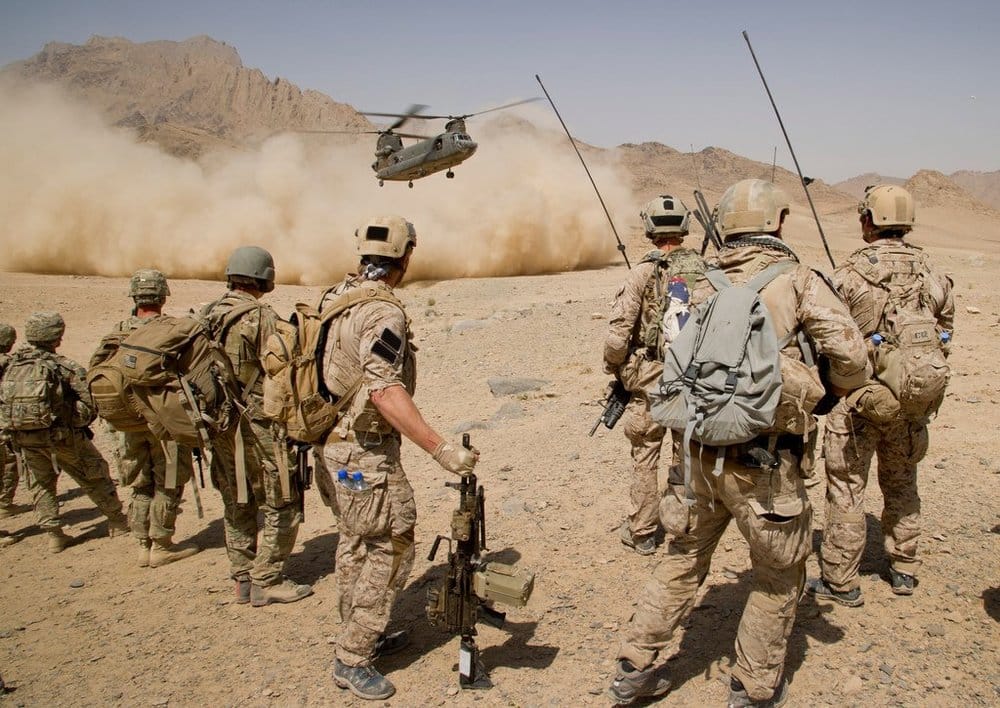The United States has recently escalated its military operations against the Houthi movement in Yemen, a group that has been engaged in a protracted conflict with the internationally recognized Yemeni government. This surge in military action occurs against a backdrop of heightened tensions in the Middle East, particularly relating to the ongoing strife involving Israel and its neighboring regions. The U.S. has expressed growing concern over the Houthis’ increasing aggression, which poses a significant threat to maritime security in the Red Sea and beyond.
The Houthis, who are backed by Iran, have been launching drone and missile attacks that target not only military installations but also commercial shipping vessels in the Red Sea. These attacks have raised alarms among international maritime organizations and prompted the United States to take decisive action to protect vital shipping lanes. The Red Sea is a crucial corridor for global trade, and any disruption could have far-reaching implications for international commerce.
In response to these provocations, the U.S. military has intensified its airstrikes against Houthi positions, aiming to degrade their operational capabilities. The Pentagon has stated that these strikes are necessary to safeguard U.S. interests in the region and to support allied nations that are also threatened by Houthi aggression. The U.S. has positioned naval assets in the area, including aircraft carriers and destroyers, to bolster its military presence and deter further attacks.
The situation is further complicated by the ongoing conflict involving Israel, which has seen a resurgence of violence in recent weeks. The U.S. has historically been a staunch ally of Israel, and the escalating tensions in the region have led to fears of a broader conflict that could engulf multiple nations. As the U.S. navigates its military strategy, it is also attempting to balance its support for Israel while addressing the threats posed by the Houthis and their Iranian backers.
The escalation of U.S. military action has drawn mixed reactions from various stakeholders in the region. Some regional allies, particularly those in the Gulf Cooperation Council, have welcomed the increased U.S. presence as a necessary step to counter Iranian influence. However, there are concerns that such military actions could further inflame tensions and lead to a cycle of retaliation that could spiral out of control.
Humanitarian organizations have also raised alarms about the potential consequences of intensified military operations in Yemen, which is already facing one of the world’s worst humanitarian crises. The conflict has resulted in widespread displacement, food insecurity, and a lack of access to essential services for millions of Yemenis. The U.S. has reiterated its commitment to addressing the humanitarian needs of the Yemeni population, even as it conducts military operations against the Houthis.
The international community is closely monitoring the developments in Yemen and the broader Middle East. Diplomats are urging all parties to exercise restraint and seek a peaceful resolution to the conflicts that have plagued the region for years. The U.S. has indicated that it remains open to diplomatic solutions, but it also emphasizes the need to respond decisively to threats against its interests and those of its allies.
As the situation evolves, the potential for further escalation remains a significant concern. The U.S. military’s actions against the Houthis are likely to continue as long as the group poses a threat to regional stability and maritime security. The interplay between the conflicts in Yemen and Israel will be crucial in shaping the future dynamics of the Middle East, with implications that could extend far beyond the region.
In summary, the United States’ amplification of strikes against Yemen’s Houthis reflects a strategic response to increasing threats in a volatile region. The complexities of the situation underscore the challenges of balancing military action with humanitarian considerations and diplomatic efforts. As tensions rise, the international community watches closely, hoping for a resolution that can bring lasting peace to a region long beset by conflict.


